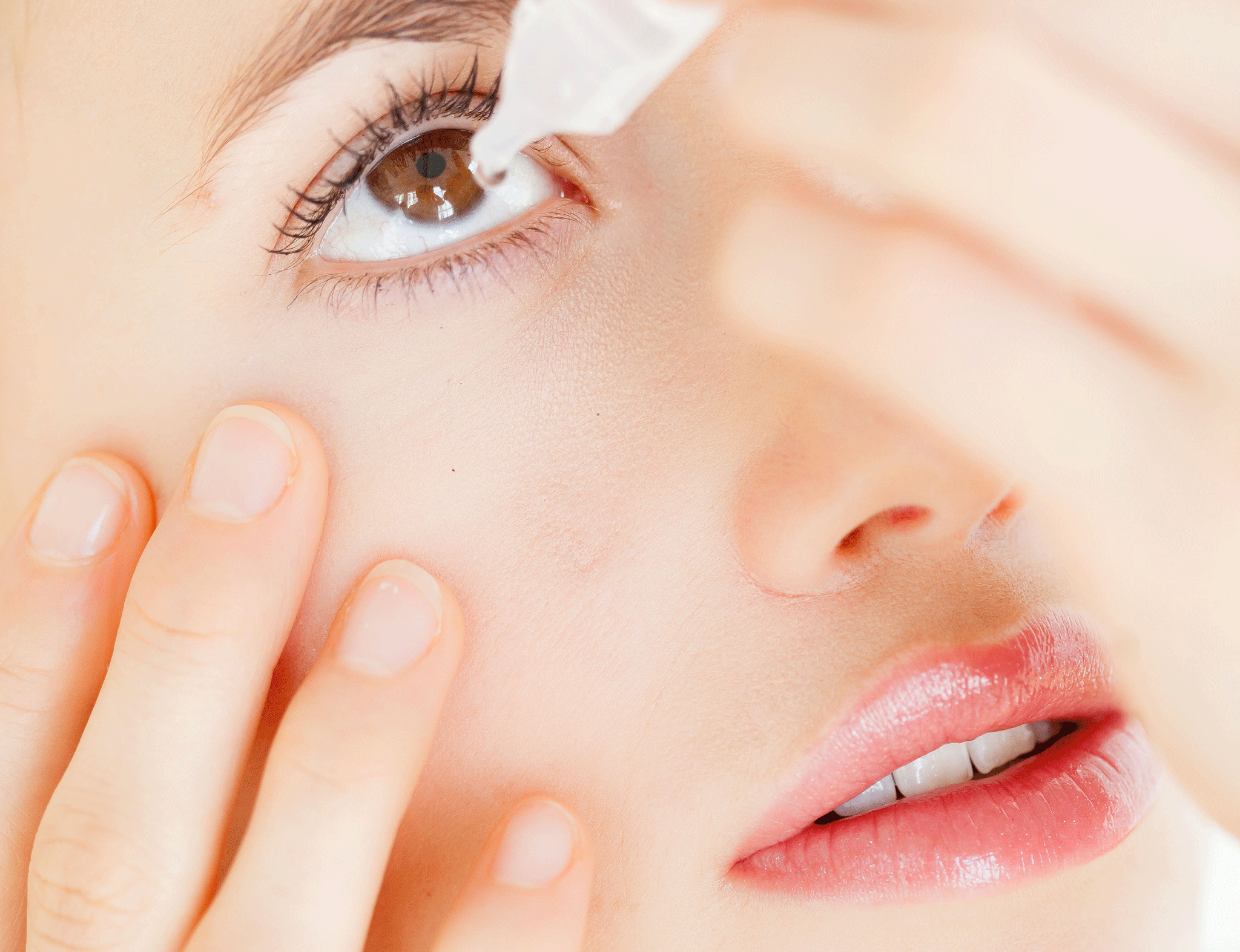36,000 bottles of eye drops recalled after printer ink is found inside

Your support helps us to tell the story
From reproductive rights to climate change to Big Tech, The Independent is on the ground when the story is developing. Whether it's investigating the financials of Elon Musk's pro-Trump PAC or producing our latest documentary, 'The A Word', which shines a light on the American women fighting for reproductive rights, we know how important it is to parse out the facts from the messaging.
At such a critical moment in US history, we need reporters on the ground. Your donation allows us to keep sending journalists to speak to both sides of the story.
The Independent is trusted by Americans across the entire political spectrum. And unlike many other quality news outlets, we choose not to lock Americans out of our reporting and analysis with paywalls. We believe quality journalism should be available to everyone, paid for by those who can afford it.
Your support makes all the difference.Almost 36,000 bottles of prescription eye drops need to be sent back to their manufacturer, after they were found to contain printing ink.
Bausch and Lomb, the maker of the drops, has sent letters to doctors and chemists ordering the return of 1,780 batches, each containing 20 bottles of the solution, which is used as a local anaesthetic for eye procedures in hospitals.
A spokeswoman for the company said: “Bausch and Lomb is conducting a voluntary recall of a single lot of proxymetacaine 0.5 per cent Minims Eye Drops Solution.
“We chose to initiate this recall after confirming a report of the presence of foreign particles in a product from this single lot.
“No other products in the Minims range or other Bausch and Lomb products are affected by this action.”
There is so far no evidence of injury to users as a result of the blunder.
In a letter to hospitals and pharmacies, Irene Fazakerley, from the Scottish Government's health department, said: “Bausch and Lomb is recalling the batch because black particles have been identified in some packs.
“Initial investigations suggest that the contaminant is printing ink, in which case we understand that the risk of toxicity is low.
“No other batches of this or any other product are affected.
“Healthcare professionals are asked to quarantine remaining stock and contact the wholesaler from which it was obtained to arrange uplift and replacement.”
A spokesman from the drug watchdog, the Medicines and Healthcare products Regulatory Agency said: “These eye drops are only used in hospitals and administered by medical professionals.
“We don't anticipate that people will have them at home.”
Join our commenting forum
Join thought-provoking conversations, follow other Independent readers and see their replies
Comments